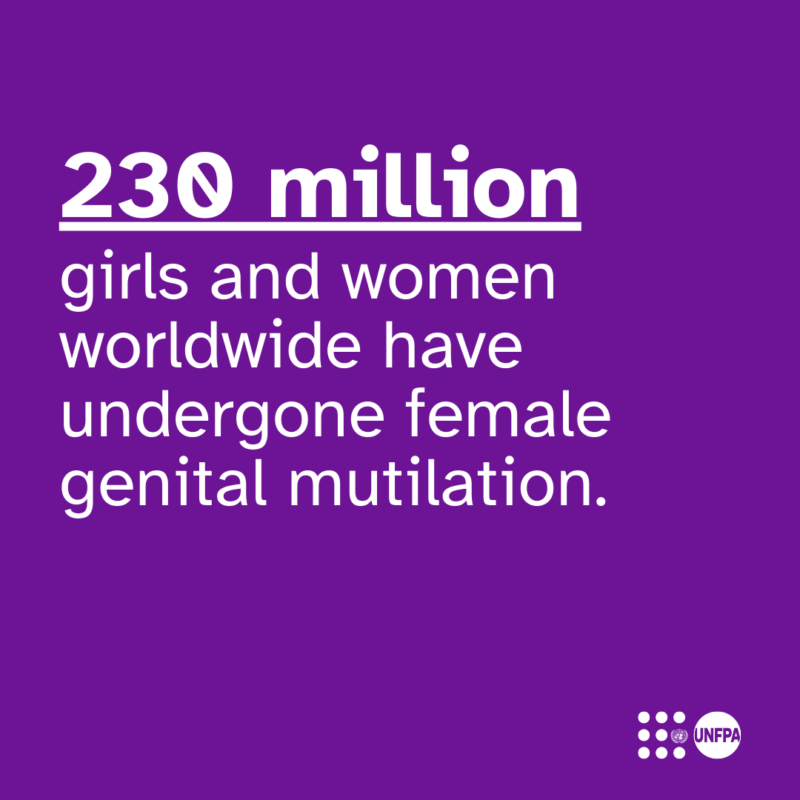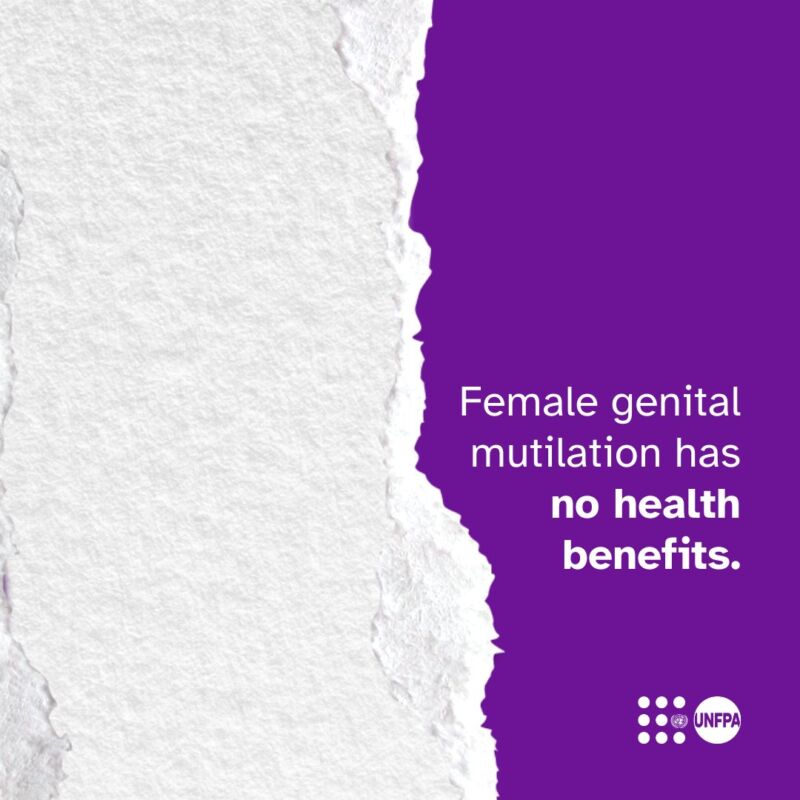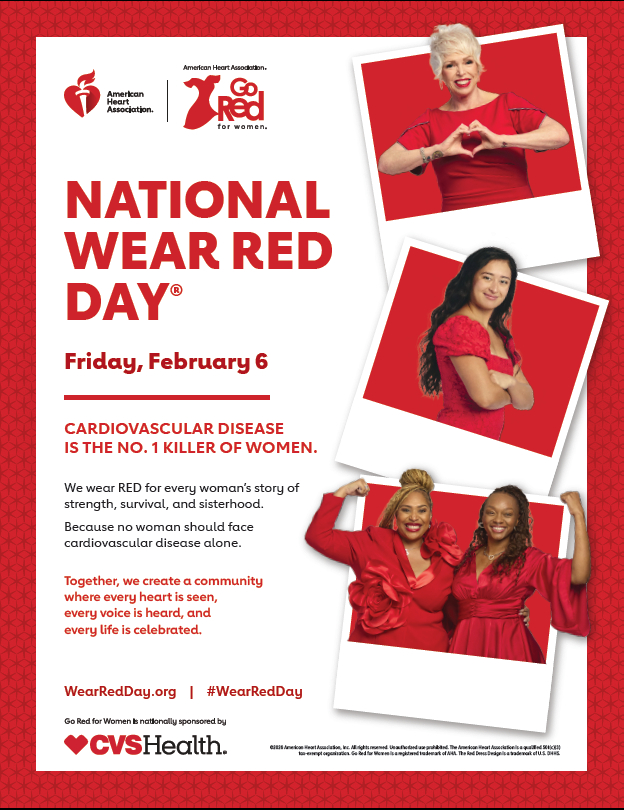Vaginismus. “This can happen before or during an attempt
to insert something into the vagina. For example, before
or during sex, when inserting a tampon or sex toy…”.1
Umbrella
What may the Vaginismus Umbrella include?
Depending on the Source (DotS) this Umbrella may include:
- Genito-Pelvic Pain/Penetration Disorder (GPPPD)
- Vaginal Spasm
- Vaginal Tightness
- Vaginismus
Vaginismus
What is vaginismus?
DotS the definition of vaginismus may vary. The (Australian) Jean Hailes for Women’s Health (JH) definition is:
The (United States) Hope&Her’s definition is:
“When sex or penetration is painful or uncomfortable without explanation it is frequently due to a condition known as vaginismus. Vaginismus is vaginal tightness causing discomfort, burning, pain, penetration problems or complete inability to have intercourse. It may occur at any age, even after enjoying intercourse previously, and most women suffering with it don’t even realize they have it”.3
Genito-Pelvic Pain/Penetration Disorder (GPPPD)
What is Genito-Pelvic Pain/Penetration Disorder (GPPPD)?
DotS the definition of GPPPD may vary. In Genito-Pelvic Pain/Penetration Disorder (GPPPD) the International Society for Sexual Medicine’s (ISSM) definition is:
GPPPD is actually an umbrella term for two sexual pain disorders: dyspareunia (painful intercourse) and vaginismus (a situation in which the muscles in the vagina contract to the point that penetration is difficult, and sometimes impossible)”.4
Vaginismus Types
What are the two types of vaginismus?
In Vaginismus: What Is Vaginismus? the JH explain:
- Primary — where vaginal penetration has never been achieved
- Secondary — where vaginal penetration was possible but is no longer possible for different reasons”.5
Symptoms
What are common vaginismus symptoms?
In Symptoms: Common Vaginismus Symptoms Hope&Her include:

- “Burning or stinging with tightness during sex
- Difficult or impossible penetration, entry pain, uncomfortable insertion of penis
- Unconsummated marriage
- Ongoing sexual discomfort or pain following childbirth, yeast/urinary infections, STDs, hysterectomy, cancer, surgeries, rape, menopause, or other pelvic issues
- Ongoing sexual pain of unknown origin, with no apparent cause
- Difficulty inserting tampons or undergoing pelvic/gynecological exams
- Spasms in other body muscle groups (legs, lower back, etc.) and/or halted breathing during attempts at intercourse
- Avoidance of sex due to pain and/or failure”.6
Causes
What may cause vaginismus?
In Vaginismus: Causes, last updated 17 June 2025, the JH explain:
- Medical conditions (e.g. recurrent urinary tract infections (UTIs), thrush, persistent pain syndromes, endometriosis)
- Sexually transmitted infections (STIs) and ongoing pain after an STI has been treated
- Vulval skin conditions (e.g. lichen sclerosis)
- Vulval pain, including changes to the vulval skin and lining of the vagina, which happens at menopause.
Psychological factors may play a role. For example, fear due to trauma during childbirth or surgery, or negative messages about sex.
Fear may also be due to previous experience of:
- Painful vaginal examinations
- Painful sex (dyspareunia)
- Sexual assault or rape.
Other psychological factors might include:
- Anxiety
- Depression
- Relationship problems
- Feeling self-conscious
- Fear of intimacy
- Fear of pregnancy
- Lack of arousal”.7
Vaginal Atrophy
Is there an association between vaginal atrophy and vaginismus?
In Vaginal Atrophy: When Sex Isn’t What It Used To Be… Atrophy Often Leads To Vaginismus Hope&Her note:
Fortunately, both conditions are treatable. In fact, vaginal atrophy and vaginismus may need to be addressed simultaneously, as it is difficult to resolve one without managing the other”.8
Treatment
How is vaginismus treated?
In Vaginismus: Management and Treatment – How Is Vaginismus Treated? the (United States) Cleveland Clinic elaborate on:
- Pelvic floor physical therapy: A specialist can teach you exercises to help relax your pelvic muscles and decrease pain…
- Talk therapy: A psychologist or sex therapist can help you navigate the thoughts and fears you may have about sex or penetration…
- Vaginal dilator therapy: Vaginal dilators are tube-shaped devices of various sizes that help you get used to penetration. Your provider will explain the therapy in detail. You do it at home…”.9
Treatment Guide
Is a treatment guide available?
Your Country may have a treatment guide available similar to Hope&Her’s in Treatment.
Health Care Provider
What if I think I have vaginismus?
If you think you have vaginismus, it may be in your best interest to choose to talk to your health care provider about this.
In Vaginismus: What Happens At Your Appointment the (United Kingdom] NHS explain:
You can ask to be seen by a female doctor, and you can bring someone you trust along for support.
Before the examination, you can discuss ways to make it as comfortable as possible for you.
The examination is usually very quick. Your doctor will take a quick look to rule out other conditions, like an infection.
If your doctor thinks you have vaginismus, you may be referred to a specialist, such as a sex therapist”.10
Who is a GP?
DotS and/or DotC (Depending on the Country) a GP may be a qualified and registered general practitioner, a medical practitioner, a medical doctor or a doctor.
In Vaginismus: Outlook – Prognosis the (United States] Medline Plus note:
Health Topics A-Z
Where may I find Health Topics A-Z related to the Vaginismus?
In Health Topics A-Z you may find:
Links
Where may I find Links related to Vaginismus?
Your Country may have Links similar to:
Links
This Links List to third party websites is neither comprehensive nor exhaustive. Inclusion on this Links List does not imply endorsement or recommendation. Non-inclusion on this Links List does not imply non-endorsement or non-recommendation. Third party websites are not under the control of Meno Martha International Menopause Directory. Third party websites may contain explicit medical images and/or sexual references. Please read Meno Martha International Menopause Directory’s Links Policy before proceeding to a Link. Please contact Webmaster if you experience a problem with a Link.New or Updated
- Australian and New Zealand Vulvovaginal Society: Patient Information
- BMS TV: Urogenital Atrophy
- Caredownthere.com.au
- Consumer Video and Podcast Series: 2022 Consumer Videos and Podcasts – Discussing Sexual Health Concerns With Your Health Care Professional
- Consumer Video and Podcast Series: 2024 Consumer Videos and Podcasts – Preparing for Your Menopause Health Care Visit
- Causes
- Complementary and Alternative Therapies for Genitourinary Syndrome of Menopause: An Evidence Map
- Diagnosis
- CAMS Menopause Hour: Genitourinary Health [Council of Affiliated Menopause Societies]
- FAQ
- FAQs: Vulvovaginal Health
- FAQs: When Sex Is Painful
- FAQs: Your Sexual Health
- Genitourinary Syndrome of Menopause
- Genitourinary Syndrome of Menopause
- Genitourinary Syndrome of Menopause
- HRT Questions Answered
- Hope&Her
- Hormonal Treatments and Vaginal Moisturizers for Genitourinary Syndrome of Menopause: A Systematic Review
- How To Manage Vaginismus
- How To Talk To Your Doctor About Painful Sex

- ‘I wanted to have sex but it was physically impossible’: Life With Severe Vaginismus
- Information for Partners
- International Society for Sexual Medicine: Public
- International Society for Sexual Medicine: Sexual Health Topics
- International Society for the Study of Vulvovaginal Disease: Patient Handouts
- International Society for the Study of Women’s Sexual Health: Find A Provider
- Later Years (Around 50 Years and Over): Menopause and Post Menopause Health – Sexual Wellbeing, Intimacy and Menopause [+ Video: Menopause Is the End of Your Sex Life]
- Let’s Talk About Perimenopause
- Medical Advice: Vulval Pain
- Menopause Map: Downloadable Resources – My Personal Path Print Tools: Questions for Your Health Care Provider
- Menopause Map: Downloadable Resources – My Personal Path Print Tools: Symptom Tracker
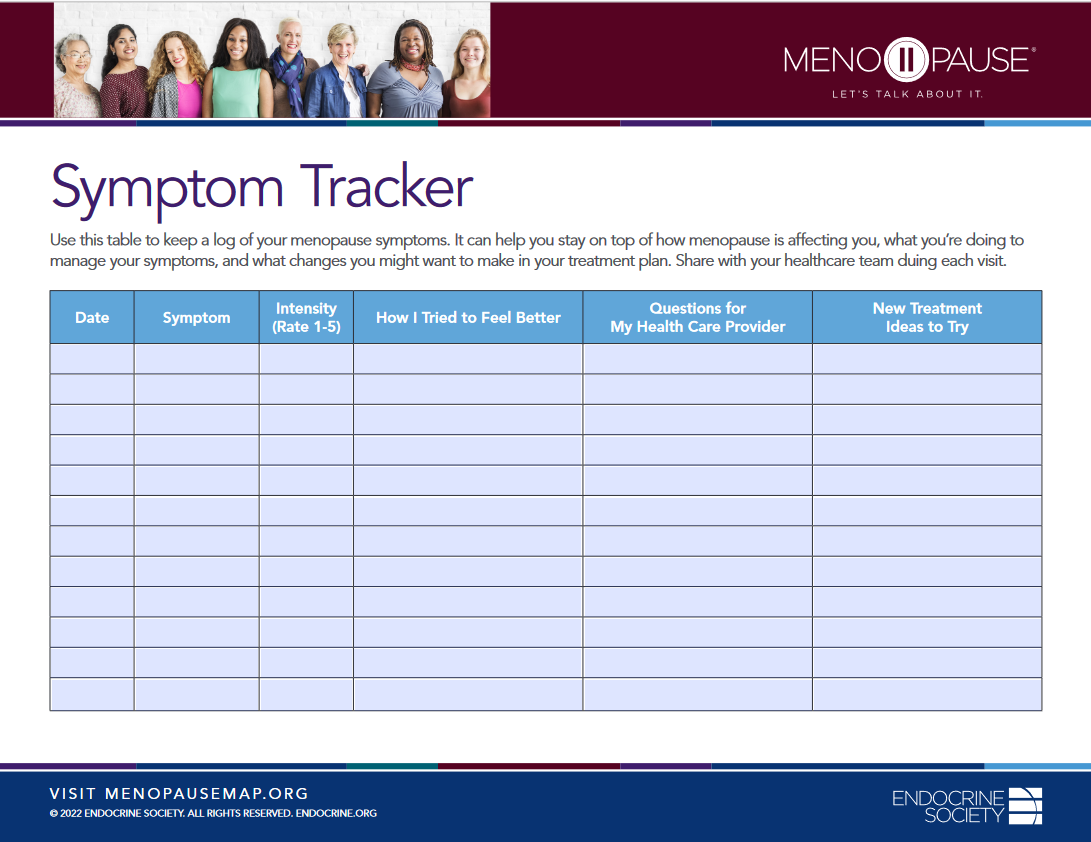
- Menopause Ruining Your Sex Life?
- National Center for Complementary and Integrative Health: How Safe Is This Product or Practice?
- National Center for Complementary and Integrative Health: Natural Doesn’t Necessarily Mean Safer, or Better
- Navigating Menopause Together: How Partners Can Help
- Painful Sex (Dyspareunia) Fact Sheet
- Painful Vaginal Sex (Dyspareunia)
- Pelvic Exam Techniques
- Perimenopause
- Perimenopause
- Prosayla Supported By ISSWSH [International Society for the Study of Women’s Sexual Health]
- Pudendal Neuralgia
- Sex and Sexual Health
- Sexual Healthcare In Your-20s and Beyond
- Sexual Problems and Menopause
- Supporting A Loved One Through Menopause
- Symptoms
- Treatment
- Vagina: What’s Typical, What’s Not
- Vaginal Atrophy
- Vaginal Atrophy
- Vaginal Atrophy
- Vaginal Dryness After Menopause: How To Treat It?
- Vaginal Pain
- Vaginal and Vulval Pain: Know the Different Causes and When To Seek Help – Vaginismus
- Vaginismus
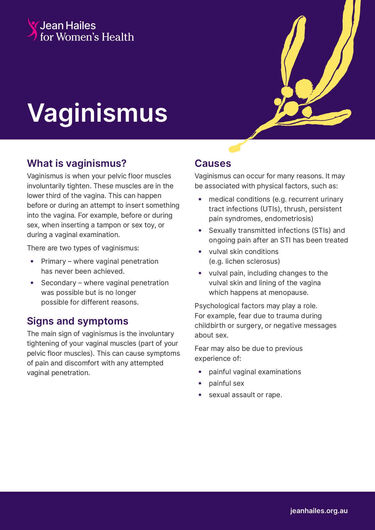 Vaginismus
Vaginismus- Vaginismus
- Vaginismus
- Vaginismus
- Vaginismus Fact Sheet
- Vaginismus, Dyspareunia and Abuse History: A Systematic Review and Meta-Analysis
- Vaginismus: What Questions Should I Ask My Doctor?
- Vaginismus: When Should I Call My Doctor?
- Videos & Podcasts: Videos – Menopause and Hormone Therapy: Current Perspectives and Controversies
- Videos and Podcasts: Videos – Vulvo Vaginal Atrophy
- Vulva Irritation
- Vulva [Image]
- Vulva and Vagina
- Vulval and Vaginal Conditions
- Vulvodynia & Vestibulodynia
- Vulvodynia [Multiply Languages]
- Vulvovaginal Pain
- Webinars: The Burn, the Itch, the Pain, the Urge: GSM In Women
- What Is Genito-Pelvic Pain/Penetration Disorder (GPPPD)?
- What Is Vaginismus and How To Manage It
- What Is the Difference Between Vagifem and Estring?
- What Types of Vaginal Oestrogens Are There?
- What’s Normal: What Is Normal Vulval & Vaginal Anatomy?
- When Sex Hurts – Podcast [Vaginismus and Vulvodynia]
- Which Vaginal Moisturiser Should You Use?
- Why You Do Not Ever Need To Douche
- Why You Get An Itch or Thrush on Vaginal Estrogen and What To Do About It
- World Menopause Day 2024: Leaflet for Women [Multiply Languages]
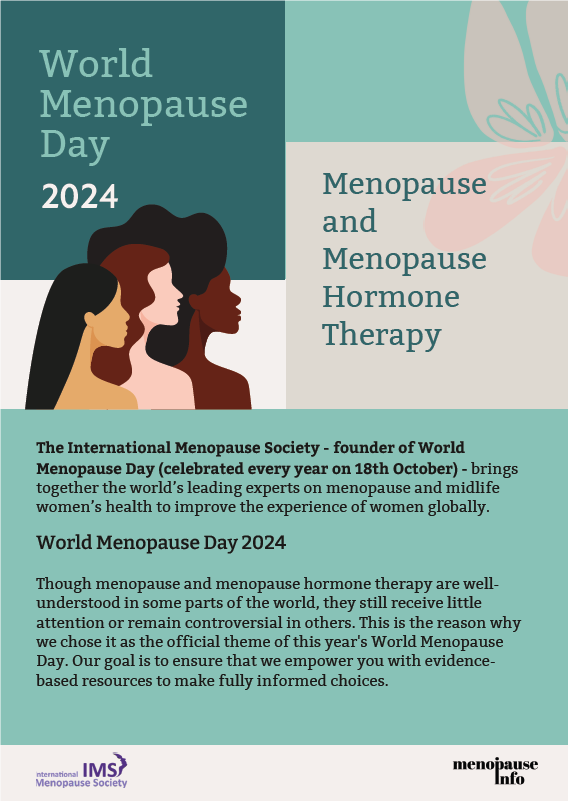 World Menopause Day 2024: Poster for Women
World Menopause Day 2024: Poster for Women
Sources
Where may I find the Sources quoted?
You may find the Sources quoted at:
Sources
- Vaginismus. Last Updated: 17 June 2025 | Last Reviewed: 02 June 2025. Jean Hailes for Women’s Health https://www.jeanhailes.org.au/health-a-z/vulva-vagina-ovaries-uterus/vulval-vaginal-conditions/vaginismus Accessed: 31 October 2025
- Vaginismus. Last Updated: 17 June 2025 | Last Reviewed: 02 June 2025. Jean Hailes for Women’s Health https://www.jeanhailes.org.au/health-a-z/vulva-vagina-ovaries-uterus/vulval-vaginal-conditions/vaginismus Accessed: 31 October 2025
- Vaginismus. Hope&Her https://hopeandher.com/ Accessed: 31 October 2025
- Genito-Pelvic Pain/Penetration Disorder (GPPPD). International Society for Sexual Medicine https://www.issm.info/sexual-health-qa/what-is-genito-pelvic-pain-penetration-disorder-gpppd Accessed: 31 October 2025
- Vaginismus: What Is Vaginismus? Last Updated: 17 June 2025 | Last Reviewed: 02 June 2025. Jean Hailes for Women’s Health https://www.jeanhailes.org.au/health-a-z/vulva-vagina-ovaries-uterus/vulval-vaginal-conditions/vaginismus Accessed: 31 October 2025
- Symptoms: Common Vaginismus Symptoms. Hope&Her https://hopeandher.com/pages/vaginismus-symptoms Accessed: 31 October 2025
- Vaginismus: Cause. Last Updated: 07 January 2025 | Last Reviewed: 26 April 2023. Jean Hailes for Women’s Health https://www.jeanhailes.org.au/health-a-z/vulva-vagina-ovaries-uterus/vulval-vaginal-conditions/vaginismus Accessed: 31 October 2025
- Vaginal Atrophy: When Sex Isn’t What It Used To Be… Atrophy Often Leads To Vaginismus. Hope&Her https://hopeandher.com/pages/age-atrophy-vaginismus Accessed: 31 October 2025
- Vaginismus: Management and Treatment – How Is Vaginismus Treated? Last Reviewed: 11 July 2025. Cleveland Clinic https://my.clevelandclinic.org/health/diseases/15723-vaginismus Accessed: 31 October 2025
- Vaginismus: What Is Vaginismus? Page Last Reviewed: 13 May 2024. NHS https://www.nhs.uk/conditions/vaginismus/ Accessed: 31 October 2025
- Vaginismus: Outlook – Prognosis. Last Reviewed 16 April 2024. MedlinePlus https://medlineplus.gov/ency/article/001487.htm Accessed: 31 October 2025




